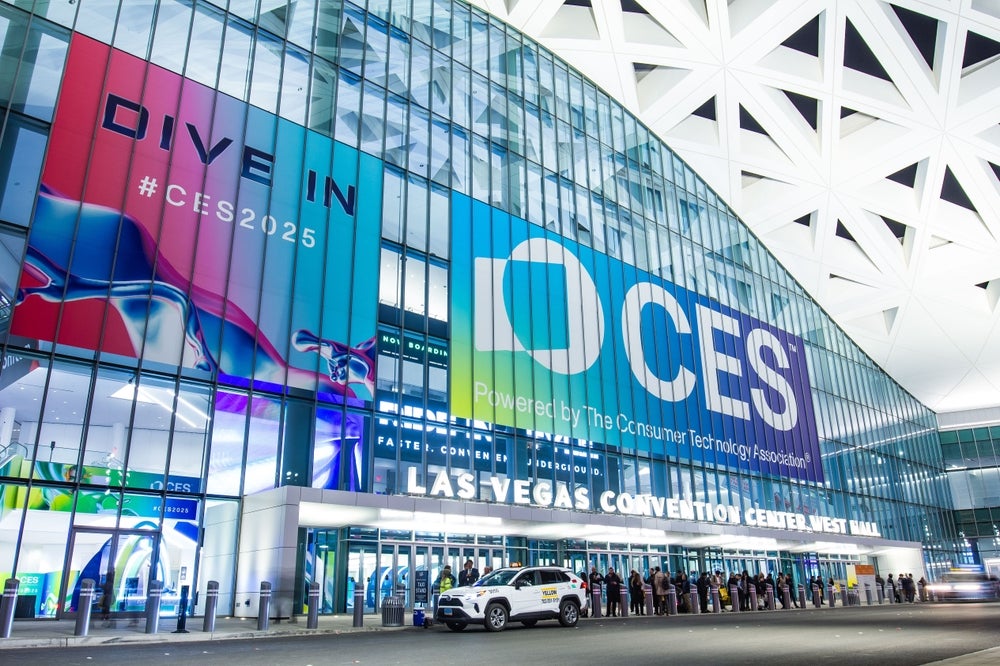When Apple recently decided to acquire Silicon Valley start-up Drive.ai, it was a reminder that in the competitive world of autonomous vehicles, top talent is a much sought-after commodity.
It was also a signal that even though Apple keeps its cards close to its chest, its positioning and moves in the disruptive autonomous driving software market are always under scrutiny.
Future of autonomous vehicles
The buying up of companies to get access to their talent is not new, though there is now a term for it: “acqui-hiring.” Put bluntly, larger technology companies buy small start-ups to gain key talent. And that seems very much what Apple is doing with Drive.ai. No terms have been disclosed for the deal, nor are they likely to be. Drive.ai, though, was heading for bankruptcy before Apple stepped in.
GlobalData’s Thematic Research Team has identified autonomous vehicles as one of more than 50 key tech themes impacting a range of sectors, including automobiles, over the next two years. It is one of the most competitive, and yet most seismic of themes, in which the big, but the comparatively slow-moving world of volume car-making meets Silicon Valley’s fast-moving technology giants head-on.
Alphabet (Google) and Apple are just two of a tailback of Silicon Valley giants competing for technology leadership in the theme. Others include car industry stalwarts such as Bosch and General Motors (which has its own Cruise self-driving division) and upstart electric vehicle maker Tesla.
Google’s Waymo is an autonomous vehicle technology development company which began life as the Self-Driving Car Project in 2009. Apple has been quietly running a secret operation called “Project Titan” which is said to have more than 1,000 people working on the project, though more than 200 were reportedly released from the operation earlier this year.
Besides Google and Apple, some of the technology companies identified by GlobalData as leaders in the autonomous vehicles theme include graphics chip specialist NVIDIA, chipmakers Intel, Infineon, Ambarella and NXP, and sensor companies Sensata, ROHM and TDK. Other key players are map specialist Navinfo, autoparts company Continental, and ‘transport as a service’ company Uber.
How well do you really know your competitors?
Access the most comprehensive Company Profiles on the market, powered by GlobalData. Save hours of research. Gain competitive edge.

Thank you!
Your download email will arrive shortly
Not ready to buy yet? Download a free sample
We are confident about the unique quality of our Company Profiles. However, we want you to make the most beneficial decision for your business, so we offer a free sample that you can download by submitting the below form
By GlobalDataCyrus Mewawalla, head of thematic research commented, “The global automotive sector faces four concurrent threats: the connected car, autonomous vehicles, electric vehicles and transport as a service, which the established players are scrambling to turn into an opportunity. However, developments are well outside of their traditional comfort zone and provide for industry outsiders, like Apple, the ideal opportunity to suck the lion’s share of future profits from a $3.5 trillion industry as evidenced by the Drive.ai deal.”
Ironically, what will probably put the brakes on autonomous vehicles will be less the technology and more the liability, legislative and philosophical concerns that remain unanswered with various setbacks, such as the first autonomous-related pedestrian death in April 2018, resulting in the removal of all autonomous Uber vehicles from several US states. These challenges mean that the market will evolve at a pace that lags behind available technology.
The next phase of technological innovation will centre on the infrastructure necessary to connect, orchestrate and secure the autonomous vehicle at scale. That is likely to see leading Internet of Things (IoT) providers and telecom operators working more closely with automotive manufacturers on these problems at the network’s edge, while adding considerable in-car processing power.
One thing remains clear. Autonomous vehicles are a vivid example of how a key disruptive theme impacts industry and defines clear winners and losers.
Take a look at the market capitalisations of Ford and Tesla. Both currently lie around the $40bn mark. The difference is that Ford (incorporated in 1903) is 116 years old while Tesla, founded in 2003) is 100 years younger. In 2018, Ford produced 6m cars, while Tesla produced 245,000. Tesla has made quarterly profits but continued profitability and it remain uncomfortable bedfellows.
History is littered with great companies who disappear because they miss the key themes in their industry. In Ford’s case, it resembles a family saloon stuck in the slow lane, that somehow missed the turn-off marked “Autonomous Vehicles”. In contrast, Tesla is a roadster on a fast track to its destination. Which car would you rather be driving?








Related Company Profiles
TDK Corp
Intel Corp
Waymo LLC
Ambarella Inc
Bosch Ltd